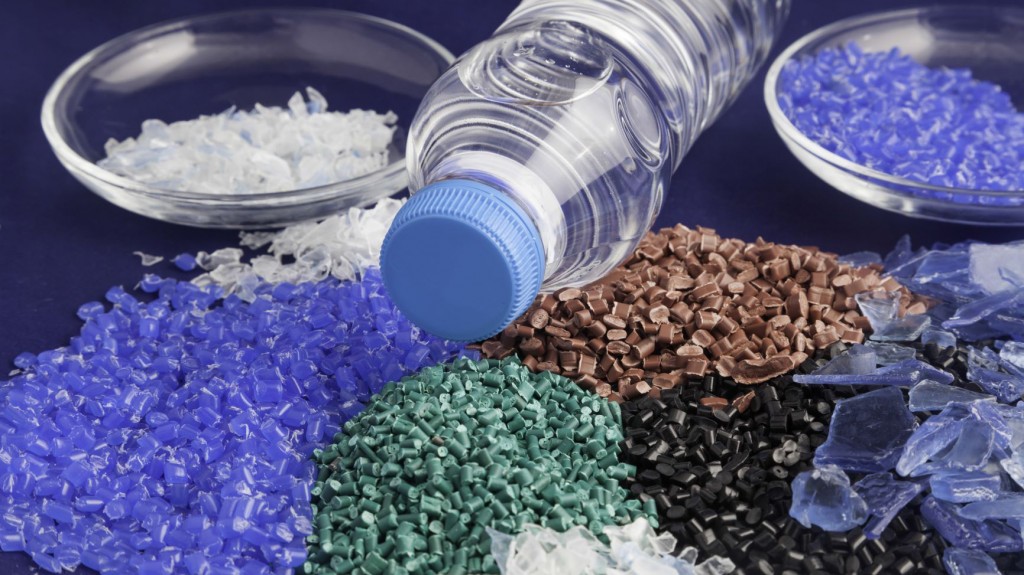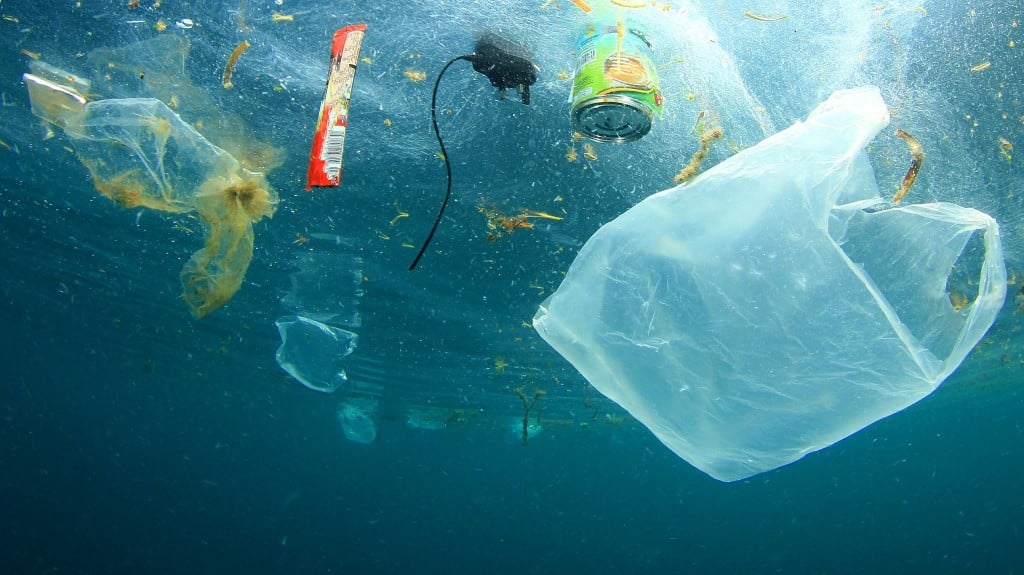
In October of 2020, the Canadian government first announced its intentions to label all plastic goods as toxic as part of its plan to move to zero plastic waste by 2030. In early May, the government published an order-in-council in the Canada Gazette Part II, to add "plastic manufactured items" to the List of Toxic Substances set out in Schedule 1 of the Canadian Environmental Protection Act, 1999 (CEPA), and use the resulting regulation-making powers to ban multiple single-use plastic waste products by the end of 2021.
This has since sparked significant reaction from the plastics manufacturing and packaging industries, as well as environmentalists and recyclers. Concern from opposing sides is focused on what the order will mean to the development of a circular economy and the fight against plastic pollution, and about what it will mean to the overall plastics economy and value chain.
Tony Radoszewski, President and CEO of the U.S.-based Plastics Industry Association (PLASTICS), was very quick to warn that "false labelling" could have devastating effects on cross-border trade, jobs in the U.S. and Canada, and working people depending on plastics for safety, convenience and affordability.
"The idea that plastic is toxic is the true danger," commented Radoszewski. "It could fast-track more bans on other consumer products that are fully recyclable. Our main concern should be improving recycling."
On the other side of the initial debate, according to Oceana Canada's campaigner Ashley Wallis, "Declaring plastic as toxic under the Canadian Environmental Protection Act is warranted, welcomed and long overdue."
"Adding plastic to the List of Toxic Substances under CEPA gives the federal government the ability to eliminate harmful, unnecessary single-use plastics, set recycled content requirements to improve recycling outcomes, and enable Canada's transition to a non-toxic, low carbon circular economy," she said.
Wallis' comments were in direct reaction to a group of plastics industry leaders, which on May 18https://issuu.com/baumpub/docs..., launched the Responsible Plastic Use Coalition (RPUC) to pursue legal action against the federal government over their order to designate plastics as toxic. According to a statement from RPUC, "Industry leaders from across Canada have come together to take action to challenge this legislative action by the Government, while continuing to encourage the federal government to implement science-based innovative solutions that will combat plastic waste - such as enhancing collection infrastructure and investing in advanced recycling."
In this instance, we are caught between the profitability of the ubiquitous, massive global plastics industry and the dire need to confront plastics pollution and climate change with immediate action, including a rapid shift to a true circular economy that eliminates waste and keeps resources in the economy. Change is imminent but, similar to the need for our shift away from fossil fuels to alternative clean energy, it cannot happen overnight.
There is urgency to consider, certainly, but ill-thought strategies which basically put in place a blanket regulation for a very complicated issue and do not adequately consult all stakeholders involved, are not the way to go. There is a way to make efficient resource recovery and the circular economy work for all sides. It will take time to get it right, but in the long-run, the race will be won by well-thought-out strategy based on a circular economy concept, one that will reduce industrial and consumer waste in a truly sustainable way, reusing materials over and over again, and which will keep both the environment and profitability of industry in the equation.
This article was originally published as the Letter from the Editor in the May/June edition of Recycling Product News, Volume 29, Number 4.


